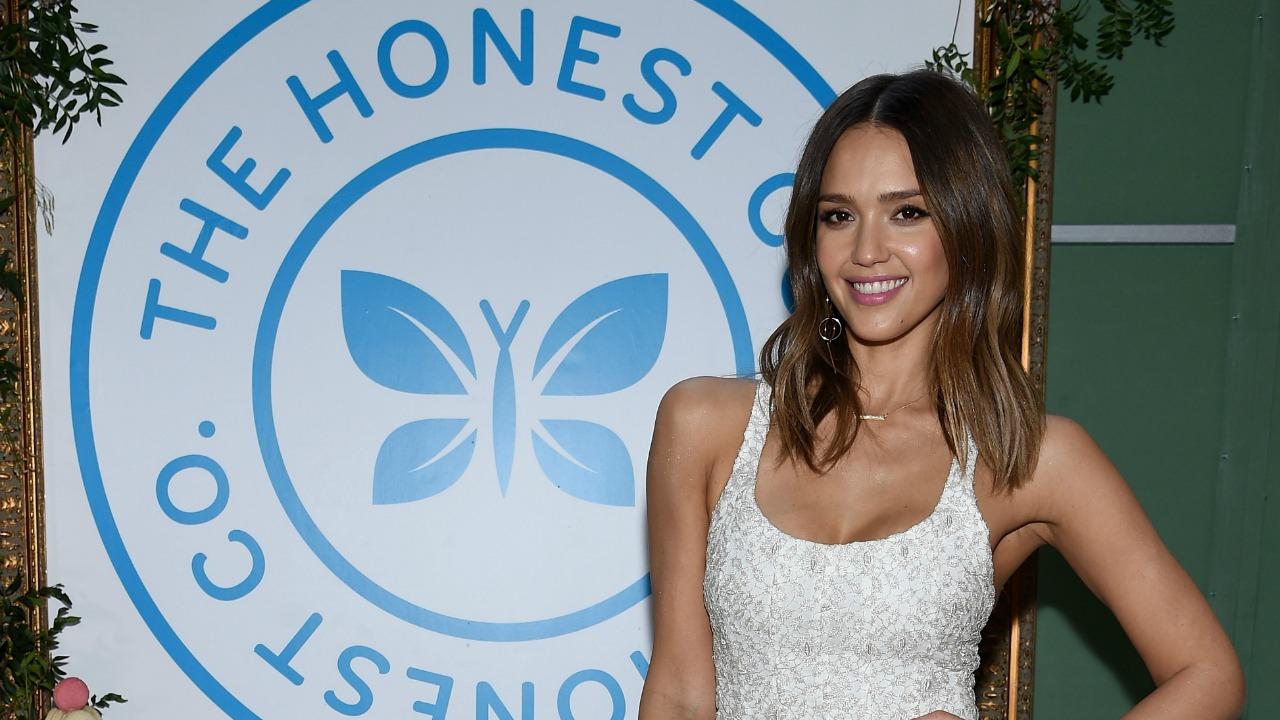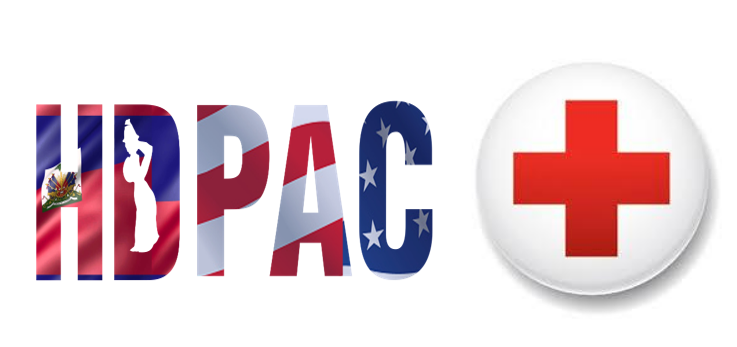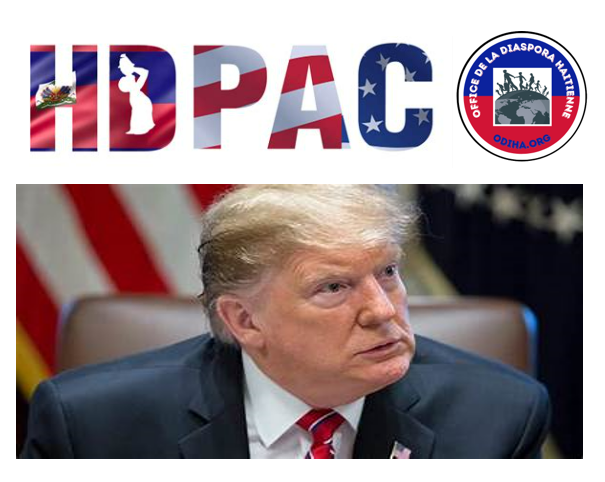May 7, 2021
TRUENEWSREPORT
By: NATHANIEL BALLANTYNE
TRUENEWSBLOG – When The Honest Company debuts on the Nasdaq this week, actress Jessica Alba will likely take center stage on the podium to ring the bell—capping off a seemingly remarkable success story. It all began in 2008 when a pregnant Alba couldn’t find reasonably priced natural and eco-friendly baby products and had the idea for a “clean and natural” products brand—selling dozens of products, including fashionable diapers for babies, detergents and wipes. The business is now poised to go public at a valuation of between $1.4 billion and $1.7 billion.
“At Honest, we prioritize transparency, trust and sustainability in all that we do,” declares the company’s IPO prospectus, which was filed in April with the Securities and Exchange Commission. What’s little mentioned: Honest’s road to public markets has been rocky—with class action lawsuits over false advertising and allegedly harmful products, executive turnover and a down funding round. The company’s filings point out that sales grew 28% last year, from $236 million to $300 million, but that’s about even with what they were five years ago.
And while Honest’s potential valuation is sure to grab headlines, that predicted value is—at best—flat from 2015, when the company raised $100 million at a $1.7 billion valuation. Meanwhile the S&P 500 has doubled in that time and the stock prices of competitors such as Unilever and Estée Lauder have risen by 30% and 246%, respectively. What was once a high-growth unicorn—landing Alba a spot on Forbes’ list of America’s wealthiest self-made women in 2016—has essentially flatlined while its competitors are thriving.
Since 2017, the company chaired by cofounder Alba has cut down its workforce, discontinued some of its offerings, upgraded or reformulated 90% of its products and moved away from its focus on direct-to-consumer to right the ship. The changes have helped Honest grow its gross margins, although it’s unlikely that the business, which lost $31 million in 2019 but trimmed its net loss to $14.5 million last year, has ever been profitable. When Honest goes public, it’s unclear if there will be many winners.
Even at the high end of the pricing range, Alba’s 6% stake (including options) would only be worth just under $100 million. That is far less than the $340 million Forbes estimated she was worth when we estimated her stake to be 20% and put her on our 2016 list of America’s most successful self-made women.
As for the company’s investors, most of them likely will make out just fine, putting money into the company at lower valuations ranging from less than $100 million for the earliest investors pre-2014 to $860 million in a 2017 round. Silicon Valley firm Institutional Venture Partners, for one, bought into Honest in 2011 and made an investment in half a dozen rounds since, including at its peak valuation of $1.7 billion in 2015, according to Pitchbook. Honest will be “IVP’s 5th exit this year,” a spokesperson for IVP told Forbes. Yet for those who bought in only at the 2015 high at the $1.7 billion valuation—like AllianceBernstein—it would take a hefty stock pop to make an exit profitable. The Honest Company would not comment for this story, citing a quiet period prior to the IPO.
“[Working there] was a really good lesson, kind of riding the rocket ship up,” says a former director at Honest who was at the company at its height. “Then, at some point, you run out of fuel. You’re either in outer space, or you’re coming back down. I would short the stock.”
The story of The Honest Company begins in 2008, when Jessica Alba broke out in a rash from her first baby’s detergent while washing onesies. Alba, who had chronic asthma and allergies as a kid, set off to find safer, more natural products but struggled to find the right stuff. “I felt like my needs weren’t being met as a modern person,” she told Forbes in 2015. “I want beautiful design like everybody else. But it shouldn’t be premium-priced, and it should, of course, be safe.”
So she reached out to Christopher Gavigan, who led a nonprofit called Healthy Child Healthy World, and the duo teamed up with two others: Brian Lee, an attorney who cofounded LegalZoom.com, and Sean Kane, an executive at e-commerce site Pricegrabber.com. Lee and Alba, with another undisclosed investor, provided the initial seed money of $6 million, but they turned to Silicon Valley to fund the business’ growth in 2011. Venture capital money started flowing in from the likes of General Catalyst and IVP.
Honest banked on e-commerce and was also able to attract both high-end boutiques in New York and in L.A. as well as major retailers such as Costco, Target and Whole Foods. Its dozens of products, including diapers, household cleaners and sunscreen—labeled as natural and organic—were a hit. Within three years, the company was doing $150 million in sales and had raised nearly $100 million from investors, at a valuation of $865 million.
In June 2015, Alba appeared on the cover of Forbes as an up-and-comer to the list of the America’s Richest Self-Made Women. Honest had grown from $10 million in sales to an estimated $250 million in 2015. It was eyeing new headquarters in Playa Vista and was on a hiring spree. Forbes valued the business at $1 billion—making Alba, who we estimated owned 15% to 20%, worth about $200 million.
Less than two months later, Honest closed a $100 million round in Series D financing, which valued the company at $1.7 billion. Alba’s net worth had ballooned to an estimated $340 million, and an IPO seemed on the horizon. “Should the company go public as expected, Alba could well be on her way to the billionaires’ club—not a bad return for an initial $6 million seed investment by Alba and cofounder Brian Lee,” Forbes wrote at the time.
In 2015 and 2016, buyers alleged that Honest’s labels misled them about the ingredients in some of its products. The company settled in 2017 and has since worked on reformulating a majority of its products. JAMEL TOPPIN FOR FORBES
Then things started to unravel.
In September 2015, a customer in California sued the Honest Company, alleging that it falsely advertised its products and “[harmed] consumers by inducing them to purchase and consume the Honest Products on the false premise that the products are natural and effective,” a court filing showed. The customer alleged that the products contained synthetic, non-natural ingredients.
. That same month, another customer in California sued after trying Honest’s sunscreen and suffering severe sunburns. (In a class action lawsuit filed in January 2016, another plaintiff alleged that she used the product “as directed on her children, who experienced severe sunburns.”) Further allegations came about Honest’s use of a chemical called SLS, which is known as a skin irritant, in detergents and soaps.
The company denied the allegations and later settled two class action lawsuits consisting of these allegations. In April 2016, Organic Consumers Association, a nonprofit based in Minnesota, sued Honest, claiming its infant formula was falsely labeled as organic. Honest cofounders defended their formula on the company blog, and the case was dismissed in December.
Sales started to tail off, but still grew 20% from an estimated $250 million in 2015 to $300 million in 2016, according to the company. “It was graduating to the next level from an early stage startup where we were hiring friends of the Alba family, or even Jessica’s brother worked at the warehouse at one point,” says the former Honest director.
Any plans the company had for an IPO were apparently tabled, and Unilever—which, like many major firms at the time, sought to move more into natural products—reportedly made a bid to acquire Honest in 2016. The bid valued the business at a more modest $1 billion, according to Pitchbook, down from the $1.7 billion valuation in 2015. The deal never materialized, and Unilever instead acquired Seventh Generation, a competing eco-friendly household products company.
“Consumer preferences are shifting toward natural products. That’s an area of faster growth than traditional brands in the same market,” says Matt Kennedy, a strategist at the pre-IPO research provider Renaissance Capital. “However, it is a very competitive space.
We saw the acquisition of Seventh Generation, and other existing legacy players are well aware of that and are rebranding their own products.” According to a former manager who was at The Honest Company for a year, the company missed the sweet spot to sell back then.
Honest ended 2016 with news of job cuts, laying off reportedly more than 14% of its 552-employee workforce. The company said at the time that most of the cuts were due to automation, but also laid off directors, citing an effort to focus more on brick-and-mortar retail, Forbes reported. At the end of the year, its chief financial officer and chief operating officer, David Parker, also left. Fellow executive Brian Lee followed Parker a few months later, stepping down as CEO. He was replaced with Nick Vlahos, the former chief operating officer of Clorox.
In May 2017, Honest issued a voluntary recall of its baby wipes “due to the presence of mold,” and that summer itsettled two class action lawsuits that were formed after the earlier lawsuits, for $1.55 million and $7.35 million. A new round of fundraising pumped $75 million into the business in October 2017, but at a valuation of $860 million, according to Pitchbook—a nearly 50% drop from its valuation in 2015.
One of Honest’s signature products, the diaper cake, is an assortment of patterned diapers with other household products, such as shampoo, wipes, and detergent.
The business has yet to meaningfully surpass its 2016 peak. According to Honest’s IPO filing, revenues were $238 million in 2018 and $2 million less the next year—down from $300 million in 2016, a drop the company in part attributes to having a diluted product catalog that did not optimize its margins, according to the filing.
Meanwhile, Honest’s headcount—reportedly more than 500 in 2016—now stands at 191.
A key component of Honest’s pitch to potential stockholders is its “strong financial performance”—namely that it grew revenue nearly 28%, to $300.5 million, last year. Yet that figure means the business is roughly the same size it was about five years ago. And analysts such as Erin Lash at Morningstar and Sucharita Kodali at Forrester Research say investors should be wary of the pandemic-related growth in household products due to increased cleaning habits of customers.
“You cannot look at an essentials company in a pandemic year and extrapolate that growth to any point in the future,” Kodali says. “If you do so, you are an irresponsible investor.”
At a time when birth rates have been declining in the U.S., delays to family formation will also challenge sales of babycare products, such as diapers and wipes—which make up 63% of Honest’s business. “We may not be able to compete successfully in our highly competitive market,” the brand admits in its filing as part of the risk factors it faces, a standard section in IPO documents.
Major players in the household products industry, such as Clorox, Johnson & Johnson and Unilever, have all muscled into the all-natural market. “Many of these competitors have substantially greater financial and other resources than us and some of whose products are well accepted in the marketplace today,” the filing says.
“Many also have longer operating histories, larger fulfillment infrastructures, greater technical capabilities, faster shipping times, lower-cost shipping, lower operating costs, greater financial, marketing, institutional and other resources and larger consumer bases than we do.”
Honest told Forbes that it is unable to provide any commentary beyond what is in its IPO filing, which provides a glimpse of what’s ahead for the company. To remain competitive, Honest says it plans to grow its e-commerce business, which is currently 55% of its revenue, and invest more in marketing. It also says it will focus more on categories such as skincare that have higher profit margins and will likely continue growing beyond the pandemic due to changing customer demands. Yet, for many of Honest’s investors, the time to cash out might have already passed.
“It sounds like they weren’t able to get a buyer, because that would have been the natural exit for a company like this one,” Kodali says. “I guess the thinking is ‘Alright, well, let’s go to the public markets and see if there’s any traction there.’—but it could be disastrous.” —






